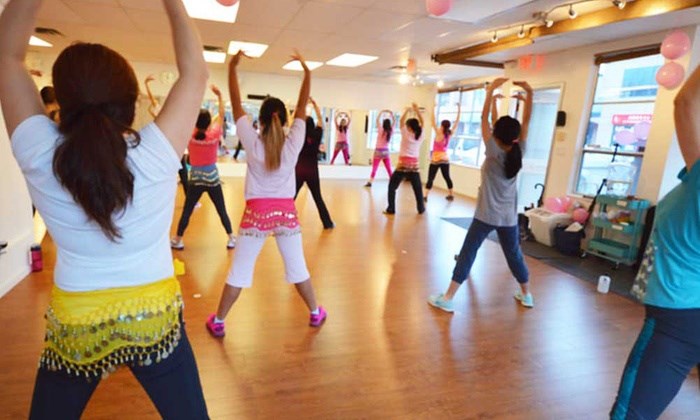A shake-up in the City of Richmond’s recreation fee subsidy program (RFSP) could see thousands of adults benefit.
City council approved Monday night revisions to the RFSP, which will, for the first time, open up the program to adults.
An estimated 5,000 to 7,000 adults could now qualify for the RFSP, which has, since 1998, provided subsidized access to parks, recreation and cultural services for kids from low-income families across the city.
Under the revised program, however, adults and children who qualify will have free admission to drop-in programs and services and a 90 per cent discount on program registration fees (capped at $300 subsidy a year for children and $100 a year for adults).
Offsetting some of the anticipated $230,000 to $270,000 associated costs will be the shifting of the seniors discount from age 55 to 65 — currently, residents 55 and over get a 20 to 40 per cent discount.
“Expanding eligibility and program choice for residents of all ages...on low income will increase participation, improve fairness and equity, and potentially improve health outcomes,” said the city’s inclusion coordinator, Donna Lee, in a report to city council.
Examples of some of the programs offered under the RFSP are public swimming, basketball, skating, group fitness and arts. Court and facility rentals are not eligible.
To help pay for some of the costs associated with widening the reach of the RFSP, the city’s 14 community partners (mainly community associations) have agreed to contribute 1.1 per cent of their gross revenues (less grants, donations and sponsorships) to a “central fund.”
However, the Richmond Olympic Oval, although providing access to certain programs as part of the RFSP, will not be contributing to or drawing from the central fund.
Among the estimated costs coming from the revisions is $114,000 to $153,000 lost from revenues at the city’s aquatic facilities and the Richmond Arts Centre; $50,000 for a contingency fund (in case of higher program participation) and $68,000 for additional administrative support.
Currently, 1,000 to 1,500 children and youth benefit from the RFSP. Following the revisions, this is expected to rise to anywhere between 6,000 and 8,000 people.
Community partners had raised concerns about the city’s ability to properly screen applicants’ eligibility for the program, pointing out that “reported income” was not enough.
City staff acknowledged their concern and have assured their partners that applicants will be thoroughly screened and revisions are being made to the application process, although it wasn’t made clear what those improvements would be.



